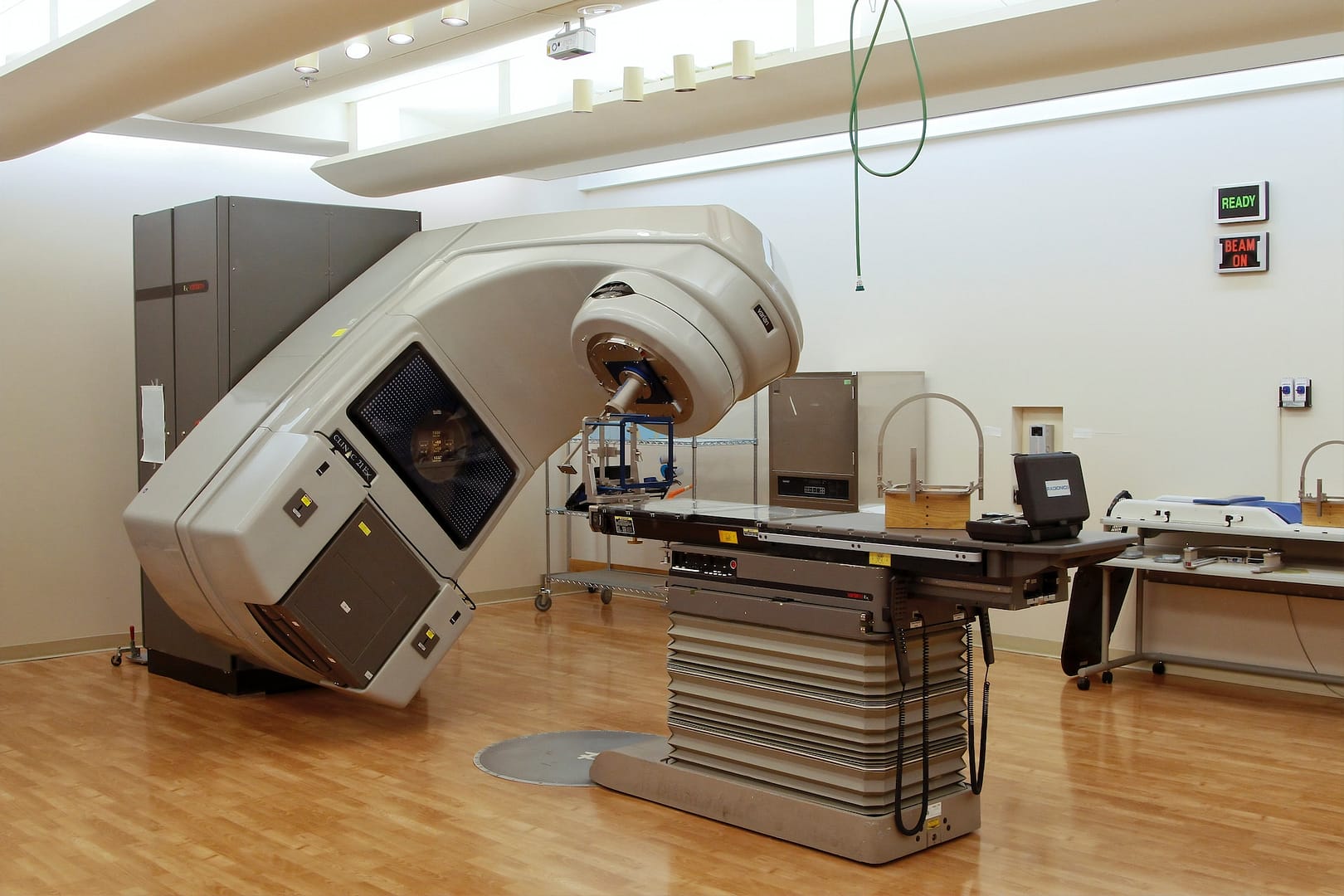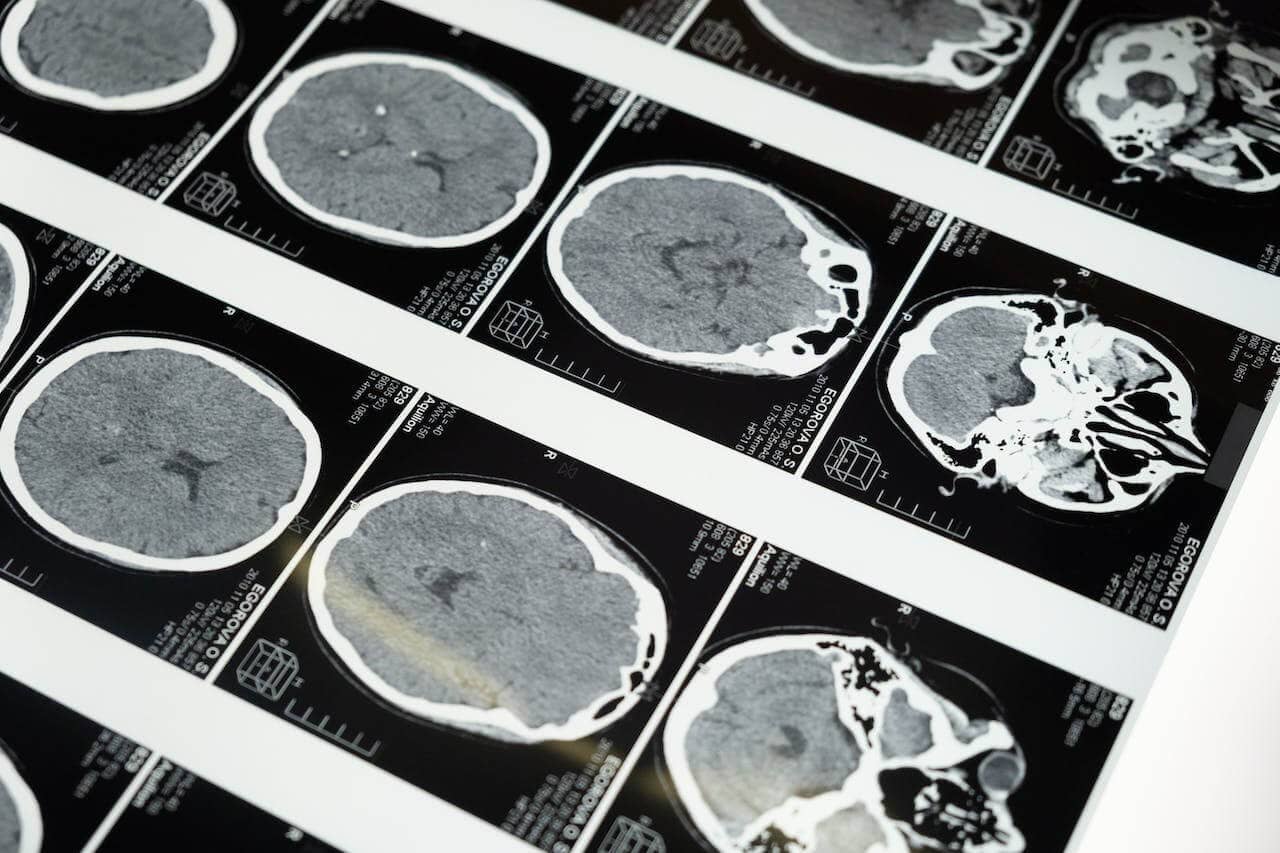In the realm of medical science, the frontier of neurorehabilitation is being dramatically transformed by the rapid progress of neural interface technology. Advancements in Neural Interface Technology for Brain Injury Rehabilitation have emerged as a beacon of hope for individuals grappling with the aftermath of brain injuries. This groundbreaking field intertwines technology with the intricacies of the human brain, paving the way for revolutionary approaches to rehabilitation. Let’s embark on a journey through the landscape of neural interfaces, exploring their potential impact on brain injury recovery.
The Genesis of Neural Interfaces
To comprehend the significance of these advancements, we must first delve into the genesis of neural interfaces. Picture this: a realm where the human brain communicates seamlessly with external devices, forming a symbiotic relationship between mind and machine. Enter Brain-Computer Interfaces (BCIs), a transformative technology that has rapidly evolved in recent years. What was once a mere concept in the realm of science fiction has become a tangible reality, holding immense promise for neurorehabilitation.
Are Brain Machine Interfaces the Future of Neurorehabilitation?
The question on everyone’s mind is whether Brain Machine Interfaces (BMIs) are the future of neurorehabilitation. The answer is a resounding yes. Imagine a scenario where individuals with brain injuries can regain lost functions by leveraging the power of neural interfaces. This futuristic vision is gradually becoming a reality, with researchers and scientists pushing the boundaries of what is possible.
Decoding the Essence of Neural Interfaces
Neural interfaces operate on the principle of decoding and encoding signals between the brain and external devices. This communication is facilitated through a complex interplay of electrodes and sensors that interface with neural circuits. The crux lies in deciphering the language of the brain, translating intentions into actionable commands for prosthetic limbs, exoskeletons, or other assistive devices.
Is BCI a New Technology?
While the concept of Brain-Computer Interfaces is not entirely new, the recent surge in technological capabilities has propelled BCI into the spotlight. What was once a niche field has evolved into a dynamic arena of research and innovation. The evolution of BCI technology has been so rapid that it has shifted from experimental stages to practical applications in the realm of neurorehabilitation.
Neural Interfaces in Action
To grasp the real-world impact of neural interfaces on brain injury rehabilitation, let’s explore some of the cutting-edge technologies that are making waves in the field.
Neurofeedback Training
Neurofeedback training is a form of brain training that utilises real-time monitoring of brain activity. Through the use of EEG (Electroencephalogram) technology, individuals can receive immediate feedback about their brainwave patterns. This feedback loop allows for targeted training, enabling patients to enhance specific cognitive functions. In the context of brain injury rehabilitation, neurofeedback training has shown promising results in improving cognitive abilities and fostering neuroplasticity.
Virtual Reality Rehabilitation
Imagine stepping into a virtual world where the boundaries between reality and simulation blur. Virtual reality (VR) rehabilitation leverages immersive experiences to aid in the recovery of individuals with brain injuries. From fine motor skills to cognitive functions, VR provides a dynamic platform for tailored rehabilitation exercises. Neural interfaces play a pivotal role in this scenario by capturing and interpreting the user’s neural signals, creating a seamless interaction between the brain and the virtual environment.
Brain-Controlled Prosthetics
One of the most groundbreaking applications of neural interfaces is in the realm of brain-controlled prosthetics. For individuals who have lost limbs due to brain injuries or other traumatic incidents, neural interfaces offer a glimmer of hope. By directly connecting with the neural signals responsible for limb movement, prosthetic limbs can be controlled with remarkable precision. This not only restores a sense of normalcy but also enhances the overall quality of life for those grappling with the consequences of brain injuries.
The Future Landscape of Neural Interface Technology
As we peer into the future, the landscape of neural interface technology for brain injury rehabilitation appears promising. Researchers are exploring avenues such as closed-loop systems, where the interface not only receives signals from the brain but also provides feedback in real-time. This bidirectional communication holds the key to unlocking new frontiers in neurorehabilitation, enabling a more nuanced and effective approach to treatment.
Challenges on the Horizon
However, the path to widespread adoption of neural interfaces in neurorehabilitation is not without its challenges. Ethical considerations, privacy concerns, and the need for standardised protocols are hurdles that must be navigated. Additionally, the accessibility of these technologies, especially in healthcare systems, poses a significant challenge. Addressing these issues will be crucial in ensuring that the benefits of neural interface technology are accessible to a diverse range of individuals recovering from brain injuries.
The UK Perspective: Pioneering the Way
In the landscape of neural interface technology, the United Kingdom stands out as a pioneer, contributing significantly to research and development. British scientists and institutions are at the forefront of unravelling the mysteries of the brain and harnessing the potential of neural interfaces for rehabilitation. Collaborative efforts between academia, healthcare providers, and technology innovators have propelled the UK into a leadership role in this transformative field.
Making a Serious Injury Claim with National Claims: A Guiding Hand
At National Claims, we understand the challenges that individuals face when dealing with serious injuries, especially those arising from brain trauma. Our commitment extends beyond providing legal assistance; we aim to empower individuals on their journey to recovery. If you’ve experienced a brain injury and believe it was due to someone else’s negligence, making a serious injury claim with National Claims could be a pivotal step towards securing the support and compensation you deserve.
The National Claims Approach
Our team at National Claims takes a comprehensive approach to serious injury claims, recognizing the unique circumstances that accompany brain injuries. We understand that the aftermath of such injuries can be emotionally and financially overwhelming. Our legal experts specialise in navigating the intricacies of personal injury law, ensuring that you receive the guidance and support needed to pursue a successful claim.
Understanding the Legal Landscape
Navigating the legal landscape surrounding serious injury claims requires expertise and a deep understanding of the intricacies involved. At National Claims, we pride ourselves on our legal acumen and commitment to our clients. Our team will work diligently to gather the necessary evidence, assess liability, and build a robust case on your behalf.
Personalised Support Throughout the Process
We recognize that every individual and every case is unique. That’s why, at National Claims, we provide personalised support tailored to your specific needs. From the initial consultation to the resolution of your claim, our team will be by your side, offering guidance, answering your questions, and ensuring that you are informed and empowered throughout the entire claims process.

Conclusion
In the evolving landscape of neural interface technology for brain injury rehabilitation, hope is not limited to technological advancements alone. Organisations like National Claims play a crucial role in supporting individuals who have endured the repercussions of serious injuries. As we look towards the future, the synergy between cutting-edge rehabilitation technologies and legal advocacy creates a holistic approach to recovery.
At National Claims, we stand as a beacon of support for those navigating the complexities of serious injury claims. Our commitment to justice, paired with our dedication to the well-being of our clients, reflects our ethos. Together, we embark on a journey towards healing, resilience, and the restoration of a fulfilling life after a brain injury.
If you or a loved one has experienced a serious brain injury and believe it was the result of someone else’s actions, contact National Claims today. Let us be the guiding hand that helps you navigate the legal landscape and embark on the path to recovery.
Contact us today to get a start on your claim with the help of one of our claims specialists.
Click below to see why we are one of the most trusted claims management companies in the UK.

We’re proud of our excellent customer reviews
We thrive on delivering exceptional service and ensuring our clients’ satisfaction. Don’t just take our word for it. Check out some of our independent reviews to see what our clients have to say.
Excellent

This firm is excellent, they sorted out my car pay out and injury claim very fast, they always communicate with you all the time.

My accident case was dealt with confidence and with great result of the outcome, especially James kept me informed all the time.

I was very impressed at the way my inquiry was treated. I was listened to attentively and everything I needed to know was explained to me.






